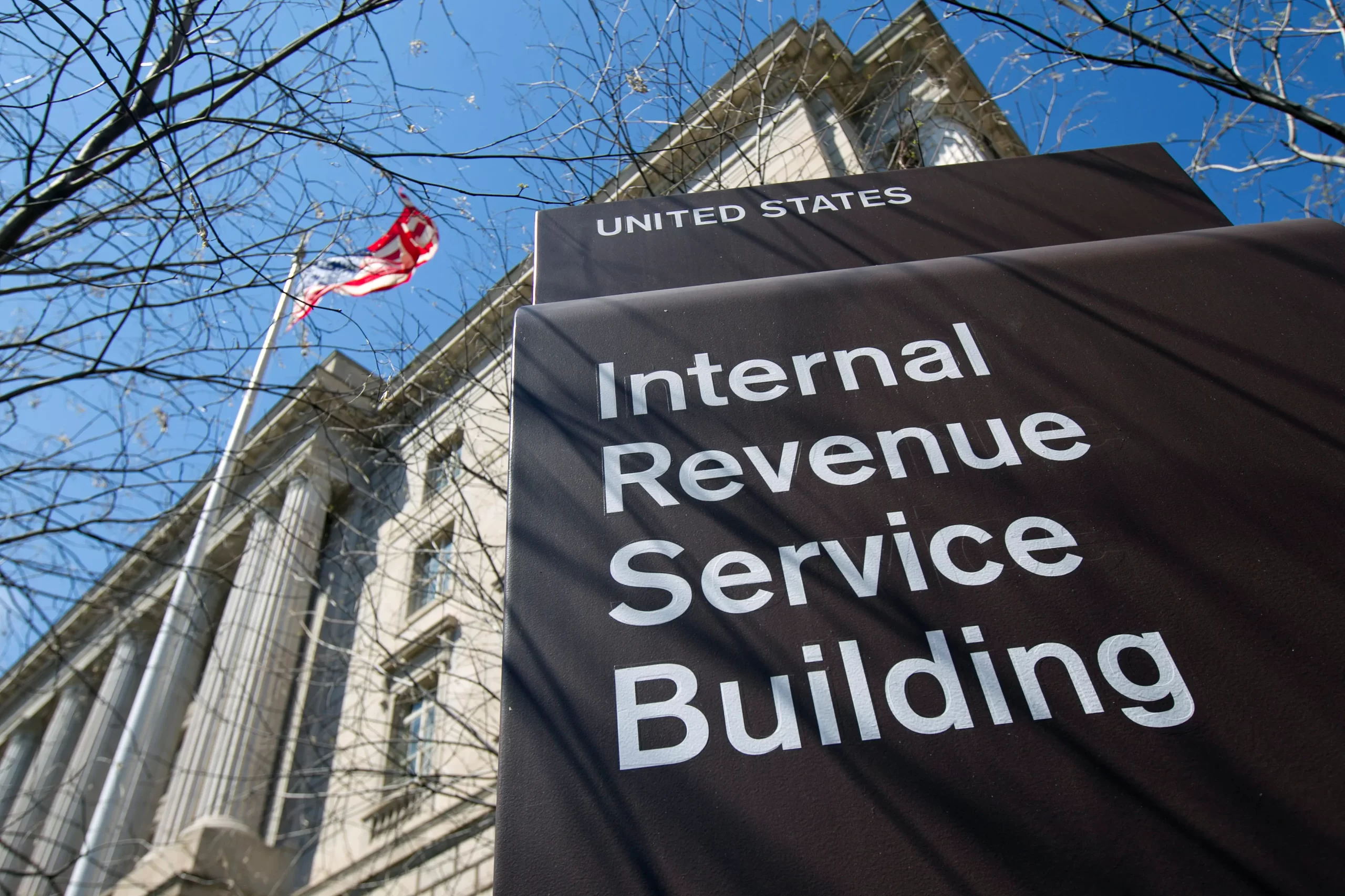The U.S. Internal Revenue Service (IRS) is preparing for a notable increase in cryptocurrency-related tax evasion cases this year, as the deadline for filing taxes approaches. Guy Ficco, the chief of the IRS Criminal Investigation division, expressed concerns over the rising trend in crypto tax crimes during his remarks at the Chainalysis Links event in New York.
Escalating Focus on Crypto Tax Crimes
Ficco highlighted that while cryptocurrency has traditionally been associated with financial crimes like fraud and money laundering, there has been a significant shift towards “pure crypto tax crimes.” These include not reporting income from crypto transactions and misrepresenting the cost basis of cryptocurrencies to reduce tax liabilities.
“There’s going to be a lot more charged Title 26 crypto cases this year and moving forward,” Ficco stated, referring to violations of the tax code that involves willful evasion of taxes.
IRS Partnerships and Enforcement Tactics
To combat these sophisticated tax evasion schemes, the IRS is enhancing its capabilities through partnerships with blockchain analytics firms like Chainalysis. These collaborations are vital for the IRS as they provide the technical expertise necessary to trace and analyze complex crypto transactions.
“My IRS special agents are phenomenal at tracing and following money, but some of the tools and applications that are needed in the crypto world — that’s where the experts at Chainalysis come in,” explained Ficco.
Guidelines for Crypto Tax Compliance
Ficco also offered guidance for U.S. taxpayers dealing with cryptocurrencies, emphasizing the importance of accurately reporting transactions. He explained the basic principle of determining tax liabilities on crypto gains, which involves calculating the difference between the purchase price (basis) and the selling price (disposition) of the asset.
“If you acquire something at $10,000 and you sold it for $20,000 — you have a $10,000 gain and that’s what you need to pay tax on,” he clarified.
Increasing Aggressiveness in Tax Enforcement
The IRS is increasingly aggressive in its approach to investigating and prosecuting tax evasion involving cryptocurrencies. This stance is reflected in recent indictments, such as the case of a Texas man charged with evading reporting on over $4 million in Bitcoin gains.
As the agency continues to enhance its investigative techniques and expand its collaboration with tech firms, U.S. citizens involved in cryptocurrency transactions are urged to stay diligent in their tax reporting to avoid potential legal consequences.
